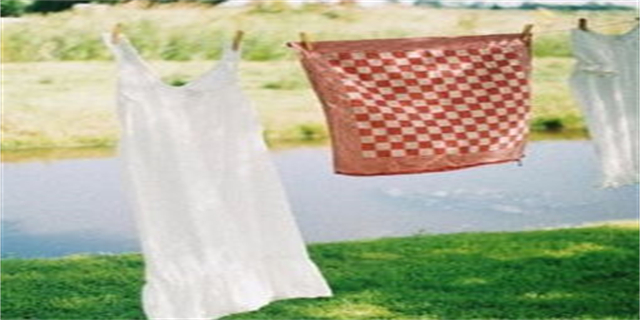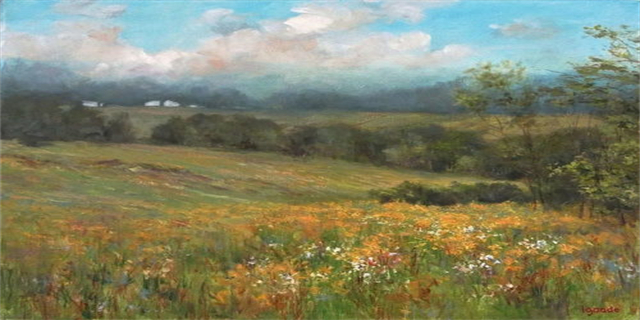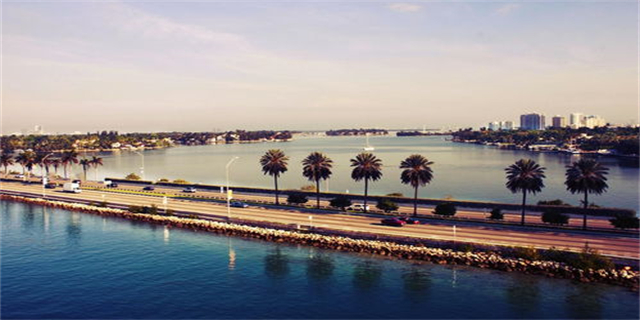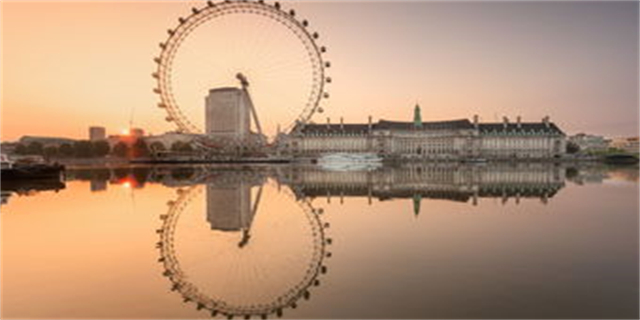customary(Customs and Traditions A Walk Through Cultural Heritage)

Customs and Traditions: A Walk Through Cultural Heritage
Introduction
The world we live in is filled with diverse cultures and traditions, each with its unique customs and practices. These customs are often passed down from one generation to another, showcasing the rich cultural heritage of different communities. In this article, we will explore the significance of customs and traditions, how they shape societies, and the importance of preserving and respecting them.
The Role of Customs in Society

Customs play a vital role in society as they serve as a foundation for social interactions and provide individuals with a sense of identity and belonging. They dictate our behavior in various situations and shape our values and beliefs. From birth rituals to wedding ceremonies, customs guide us through life's milestones, creating a shared and meaningful experience for all those involved.
The Importance of Preserving Customs and Traditions
Customs and traditions are not simply relics of the past but living entities that keep communities connected to their roots. Preserving these cultural practices is essential for several reasons:

1. Cultural Identity: Customs and traditions are a reflection of a community's distinct identity. They provide a sense of belonging and pride, giving individuals a deeper understanding of their own heritage.

2. Passing Down Knowledge: Many customs have a profound historical and spiritual significance. Preserving them ensures that future generations understand their cultural heritage and are able to learn from the wisdom of their ancestors.
3. Maintaining Social Cohesion: Customs often involve communal celebrations and gatherings, fostering a sense of unity and solidarity within a community. These traditions create opportunities for people to connect, share experiences, and strengthen social bonds.
4. Cultural Diversity: Each community has its own set of customs, and their preservation enriches the global tapestry of cultural diversity. By valuing and respecting different traditions, we promote multiculturalism and foster an inclusive society.
Respecting and Adapting Customs
While customs and traditions should be preserved, it is also essential to understand the need for evolution and adaptation. Society is constantly evolving, and with it, customs must also evolve to remain relevant and inclusive. Here are some important considerations:
1. Social Progress: It is important to evaluate customs critically and identify elements that may be discriminatory or harmful. By letting go of such practices and embracing more egalitarian and inclusive traditions, we can ensure that customs evolve with societal values.
2. Cultural Exchange: With globalization, cultures are increasingly intermingling. Embracing cultural exchange allows us to appreciate and learn from different traditions, fostering mutual respect and understanding.
Conclusion
Customs and traditions form the backbone of our societies, providing them with a unique identity and adding depth to our lives. Preserving and respecting these customs is crucial for maintaining cultural heritage and ensuring social cohesion. While adapting customs to meet the needs of the changing world is important, it is equally important to retain the essence and values embedded within these practices. By embracing cultural diversity and fostering an environment of inclusivity, we can create a harmonious global society where customs and traditions thrive.











